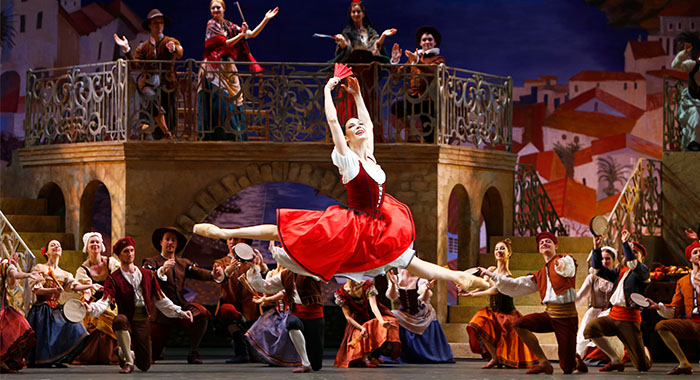
Political commentators are saying that with the election but a few days away, most people have made up their mind about who they will vote for. In fact, many of us have already voted in some form. My words here are not intended to announce a “proper Catholic vote”. It is not my place to encourage a vote for any particular candidate. (Some clergy have done this. I think they’ve over-stepped their religious role in doing so.)
However . . . as pastor of this Catholic parish I can encourage that you strive for a “proper spirit” in registering your vote. What I mean by that is for us to cast our ballot with Christian purpose and attitude in mind. It’s so easy to be moved by the heat- ed debate; our vote can be cast in anger or spite or revenge – – – in this case my vote primarily serves to assuage my feelings.
Our vote should be about issues and solutions to problems, not my animosity. Here’s my check list as I vote on Tuesday:
- Presidents come and go . . . there’ll be another one in four years and another one after that . . . in the meantime, who has a plan to help our nation through these trying times?
- Any election is about the future. Think of your children and grandchildren. What vote would serve them the best?
- Neither the Devil nor the Messiah is on the ballot. We’re voting for human beings . . . imperfect, inconsistent, prone to mistakes. There is no perfect candidate. There are choices we must make in an imperfect world.
- Whoever is chosen for office needs the support of the whole electorate. That’s the point of a Democracy. The voice of the people, expressed in free election, must hold our allegiance for the sake of the union.
- When we do our best. When our desire is for the common good. When basic principles of justice, truth and brothership are intended by our vote . . . . God will bless it.
So friends, let’s be Christ in the voting booth on Tuesday. And what did he say to his frightened apostles in the Upper Room the night of His Resurrection? “Do not be afraid. I am with you.”
Lord, please bless our country as we choose our civil leaders.
Fr. Tim












